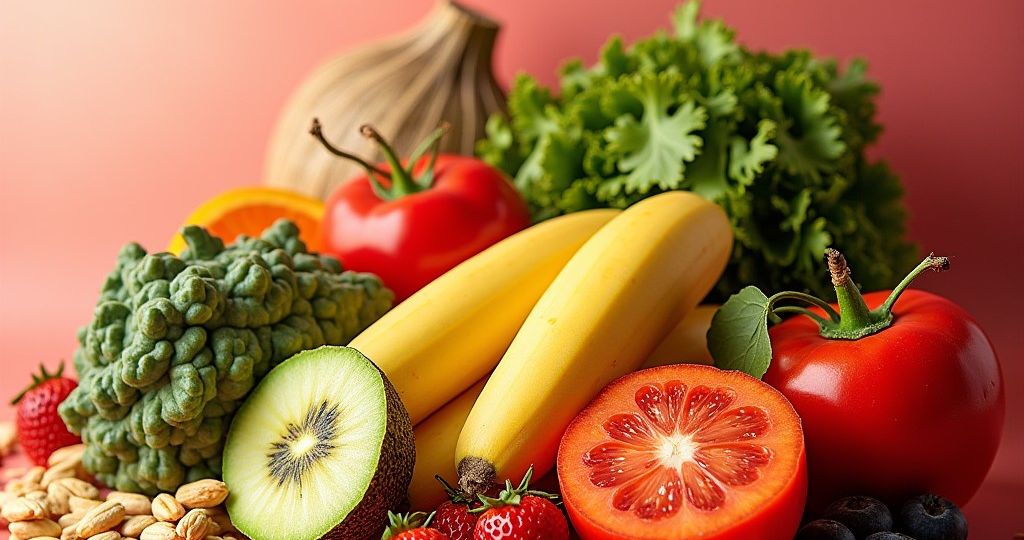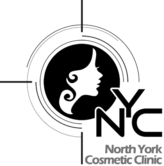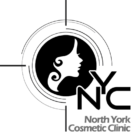
The Role of Nutrition in Skin and Hair Health: A Complete Guide
Introduction
This is indeed a relation between nutrition and skin and hair that is interlinked deep inside. A good diet with the intake of required nutrients improves skin clarity and hair strength, while a bad diet invites all types of skin and hair problems. Here, in this detailed guide, take a look at different nutrients that influence skin and hair health, with typical dietary suggestions to help you keep them vigorous.
Essential Nutrients for Skin and Hair Health
Vitamins and Minerals
Vitamin A: helps to maintain and replace the tissues of the skin. This nutrient is very well provided by carrots, sweet potatoes, and also by green leafy vegetables.
Vitamin C: While an antioxidant that acts to protect the skin cells from destruction, this nutrient is also quite important in developing collagen, which gives skin its elasticity and helps prevent hair breakage. Excellent sources include citrus fruits, strawberries, and bell peppers.
Vitamin E: Like vitamin C, vitamin E is also an antioxidant. Regarding skin care, the most important action of the compound would be its sun protection capability. Vitamin E can absorb harmful UV light coming from the sun once applied to the skin. The best sources for these are nuts and seeds.
Zinc: Vital for hair tissue growth and repair. It also helps keep the oil glands around the follicles working properly. Meat, shellfish, legumes, and seeds are high in zinc.
Iron: Lack of sufficient iron in the body may result in anemia, one of the leading causes of hair loss. Iron-rich foods include red meat, lentils, and green leafy vegetables.
Healthy Fats
Omega-3 Fatty Acids: Those are essential fats that play a role in maintaining skin health. Omega-3 fatty acids might help keep skin thick, supple, and moisturized. Omega-3s can prevent the scalp from drying out and flaking. Omega-3 fatty acids may be provided by fish such as salmon and mackerel, besides flaxseeds.
Omega-6 fatty acids are essential; still, they are mostly found abundantly in diet intake. They are best combined with Omega 3 for managing the level of inflammation.
Proteins
Collagen: This holds our skin together, doesn’t let it sag, which is responsible for that plumper, more elastic feel to young skin. These can be increased by intake of vitamin C-rich food and protein-rich food like meats and legumes.
Keratin: It forms the chief composition of hair. As amino acids to make up the proteins for keratin are taken from the intake of protein-containing foodstuffs like poultry, fish, eggs, or beans,.
Hydration
Water: This will keep your skin optimally moist to help deliver those essential nutrients to the skin cells. Water flushes all the toxins from the body and lets the skin look radiant and hydrated. Drink at least 8 glasses of water per day.
Nutritional Secrets to Healthy Skin and Hair Nutritional balance involves diets that contain a great deal of fruits, vegetables, lean proteins, and whole grains.
Limit Sugary Foods and High Glycemic Index Foods: These can trigger hormone fluctuations and inflammation, adversely affecting skin and hair health.
Reduce Excessive Dairy Intake: Some research has shown that high dairy consumption may be linked to the development of skin disorders, including acne.
Conclusion
The health of your skin and hair rests on proper nutrition. Foods rich in the fundamental vitamins, minerals, and antioxidants will help keep your skin healthy and your hair strong. What you eat is said to be just as crucial as what you apply to your skin and hair.

